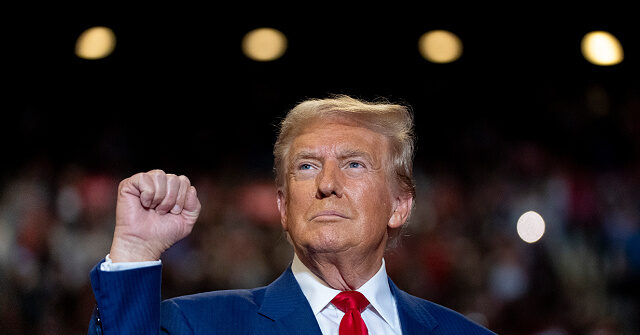On the “Mark Levin Show,” Israeli UN Ambassador Danny Danon expressed a strong stance on the need for the incoming Trump administration to adopt a robust approach toward Iran. He argued that to effectively counter Iran’s support for terrorism through various proxies, it is crucial to “cripple” the Iranian economy. Danon underscored the importance of implementing stringent sanctions, suggesting that reducing Iran’s financial resources would limit their capacity to engage in terrorist activities. He conveyed confidence that President Trump would prioritize this issue and initiate policies aimed at restricting Iran’s funding sources for terrorism.
Danon articulated that despite changes in the U.S. administration, Iran will likely continue to exhibit hostile behaviors. He pointed to a recent incident involving an Iranian operative who faced charges for allegedly conspiring to assassinate President-Elect Trump. This, he claimed, exemplifies the ongoing threat posed by Iran, reiterating the necessity for the U.S. to take decisive measures against the Iranian regime. According to him, a proactive approach by the new administration is essential in putting Iran in a position of diminished capacity to carry out its malign activities.
The ambassador also provided troubling statistics regarding Iran’s financial commitments to terrorism, revealing that the country allocates about $7 billion annually to its proxies, which contribute to instability and chaos globally. This figure highlights the scale of Iran’s investment in fostering terrorism and unrest, reinforcing Danon’s argument that economic sanctions could significantly impact their operations. He emphasized that if the U.S. were to implement “real sanctions,” Iran would have notably less funding available to direct toward its terrorist agendas.
Moreover, Danon’s comments reflect a broader concern about Iran’s influence in the Middle East and beyond. He suggested that the stability of various regions could be jeopardized if Iran is allowed to maintain its current level of funding for terrorism. By limiting Iran’s economic power, Danon believes that the U.S. can help restore security and deter further aggression that could emerge from Iranian-backed groups across the world.
In conclusion, Danon’s statements during the show reveal a unified perspective among Israeli officials regarding the necessity for a hardline approach toward Iran. His call for crippling Iran’s economy through sanctions aligns with a longstanding concern about the nation’s role in fostering global terrorism. The ambassador’s confidence in President Trump’s leadership reflects a hope that the new administration will prioritize international security and take concrete steps to mitigate threats posed by hostile regimes.
Overall, the conversation highlights the complexity of U.S.-Iran relations and the critical role that economic sanctions could play in shaping Iran’s future actions. As the Trump administration prepares to take office, the strategies employed to address these challenges will be pivotal in determining the trajectory of not only U.S.-Iran relations but also regional and global security dynamics in the near future.

